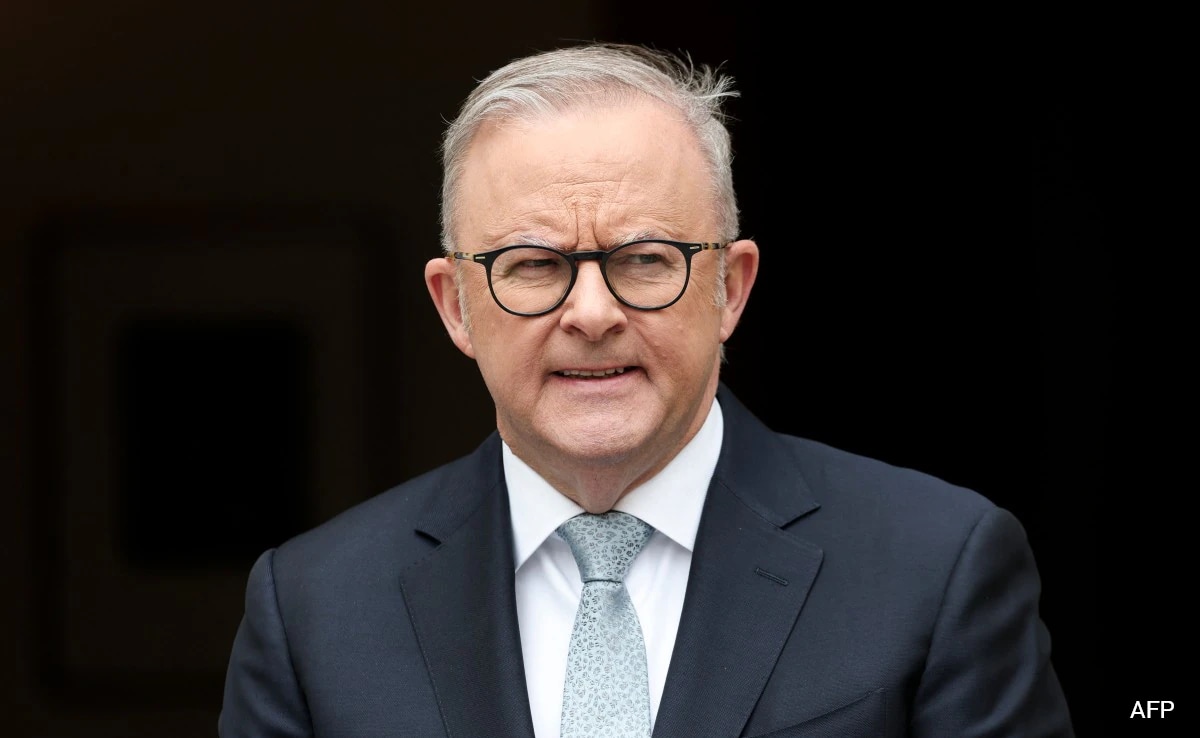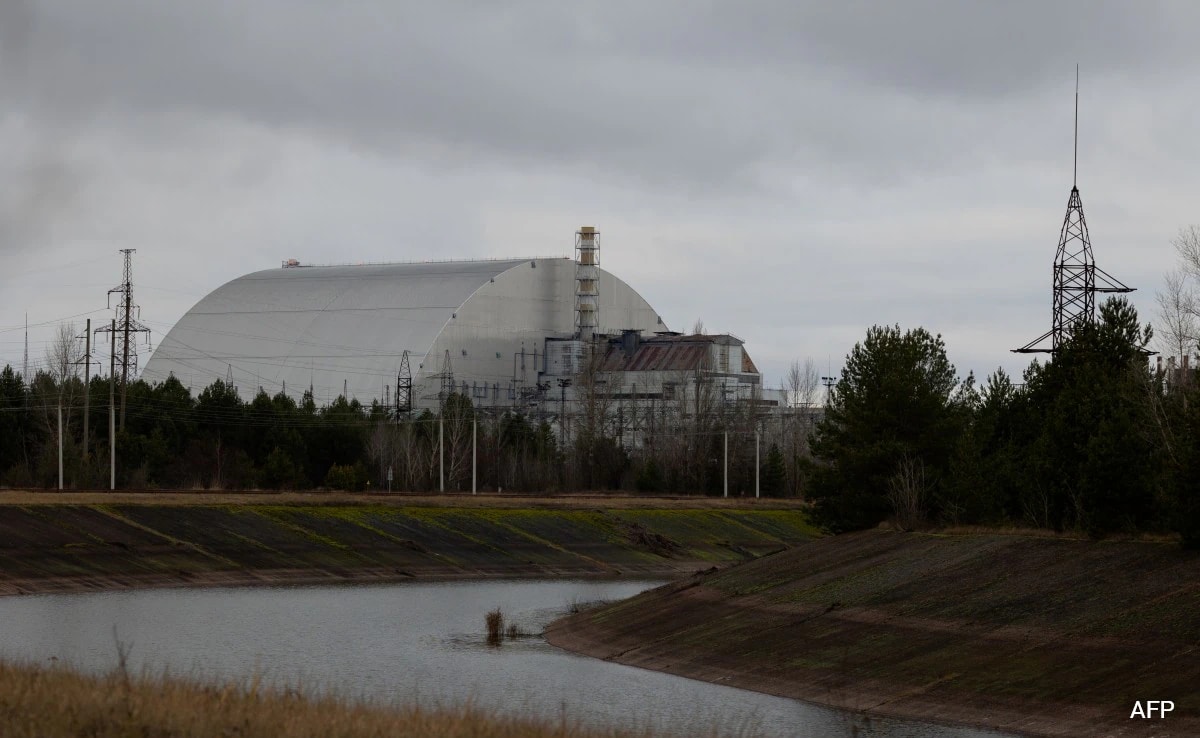Those seeking refuge will be able to bypass the normal asylum application process â which can leave people in legal limbo for years, as migrants from the Middle East and Africa have learned.
The scene in Berlin on Wednesday â volunteers in yellow vests offering food, Berliners opening their homes â was reminiscent of the beginning of the 2015 migration wave, when Germans greeted asylum seekers with cheers and homemade crumble.
Former Chancellor Angela Merkel offered them a chance to live and work in Germany. Other countries were far more resistant to taking people in. Eventually, political backlash led Germany, too, to take a harder line.
But Russiaâs assault on Ukraine has led to an outpouring of support for Ukrainians desperate to leave. Ukrainian nationals will be granted residence and work permits within the bloc, and they will have access to housing, schools and medical coverage.
Non-Ukrainians and stateless people who had made Ukraine their home will be granted temporary protection if they are unable to return home to âsafe and durableâ conditions â a definition that may leave the status of some non-Ukrainians unclear.
More than 934,000 people have fled Ukraine since Feb. 24, according to the UNHCR, mostly traveling overland to neighboring countries in eastern Europe. The U.N. refugee agency estimates that up to 4 million people may leave Ukraine if the violence continues.
âAt this rate, the situation looks set to become Europeâs largest refugee crisis this century,â Shabia Mantoo, a UNHCR spokeswoman said Tuesday in Geneva.
Most are crossing into Poland, as well as Hungary, Slovakia, Romania and Moldova. Some will to stay in eastern Europe, others will continue westward to cities such as Berlin.
âAll those fleeing Putinâs bombs are welcome in Europe,â European Commission President Ursula von der Leyen, said in a statement Wednesday. âWe will provide protection to those seeking shelter and we will help those looking for a safe way home.â
To handle the historic influx, the E.U. is turning to a special procedure called the Temporary Protection Directive, which was first developed in 2001. The measure allows the E.U. to âprovide immediate and temporary protection to displaced persons from non-EU countries and those unable to return to their country of origin.â
While Europe is relatively united in its desire to help Ukrainians, some have questioned why Temporary Protection was not offered to fleeing Afghans, for instance, or to assist other asylum seekers reaching Europeâs shores.
In 2015 and 2016, some 2 million people, many of them Syrians fleeing war, sought refuge in Europe. Some of the central and eastern European governments who were most strongly opposed to letting in asylum seekers then are now leading the charge to welcome Ukrainians.
The Piliahin family fled their home in Kyivâs suburbs, spending four days hiding in smaller towns, then driving through the Carpathian mountains until they reached the Polish border. There, they joined the roughly 400,000 Ukrainians who have sought shelter in Poland in the past week.
The familyâs breadwinner, Oleksiy Piliahin, 42, was part of a painterâs union in Ukraine, with a long list of clients whose walls heâd redo, or tables heâd varnish. Now, he, Mariya and their three sons were stripped of nearly all their possessions, at the mercy of forces beyond their control.
âEuropean generosity is making us feel as though we are equals,â said Piliahin, who has a disability that exempted him from a rule banning men from ages 18 to 60 from leaving Ukraine. âI do not want to be a burden. I want to continue earning my living, so I can contribute money to the war effort, and eventually rebuild my life in Ukraine.â
He reserved special gratitude for Poland, which has mounted a massive humanitarian drive at community, federal and military levels to meet the needs of the new arrivals. At the nearby border crossing in the town of Kroscienko, bleary-eyed Ukrainian families were greeted by a sign welcoming them not just into Poland, but into the E.U.
In addition to the temporary protection measure, the E.U. has relaxed its usual border controls to help let in people on âhumanitarian grounds.â Human rights groups, however, have expressed concern about alleged discrimination at some border crossings. On Monday, the African Union issued a statement urging all countries to respect international law, after reports that Ukrainian border guards were preventing citizens of African countries the right to cross to safety.
Sitting on a bench in the corner of Berlinâs central station Wednesday, Olivier Mani and Blanche Bikie, from Cameroon, and Keita Sekou, from Côte dâIvoire, described their arduous days-long journeys from Kyiv, where they were attending university.
At the Polish border, they said, White women and children were put in separate lines from the Black men and women.
Sekou said that when he tried to get on a train at the border crossing, police beat him and told him Africans were secondary. He eventually got through at the Slovakian border.
Bikie and Mani said they tried the Polish border a second time the next day, and were segregated again. But they squeezed their way through after standing for hours.
The three said they planned to head on to France, where Bikie has family.
At the Berlin train station, surrounded by six colorful suitcases and wearing a red puffy hat, Umida, 17, said she had traveled from Kyiv with her three siblings and parents for three days, barely sleeping on the way.
As refugees originally from Uzbekistan, she and her family may not be covered by the E.U. protection law. They arenât sure how long theyâll be allowed to stay, or if anyone in the family will be able to work. Itâs hard to think past the next 24 hours, though, she said.
Svitlyk watched her kids draw and paint in a childrenâs area set up in the train station, while pondering her next moves. She planned to sleep in a hotel next to the train station that is offering free accommodation for a few days, then make her way to Sweden to wait out the war.
âEvery European country gave us free food, free shelter. We owe them so much and are so grateful,â she said. âBut we want to go home.
Rauhala reported from Brussels and Bearak from Lodyna, Poland.
.png)











 English (United States) ·
English (United States) ·  Turkish (Turkey) ·
Turkish (Turkey) ·